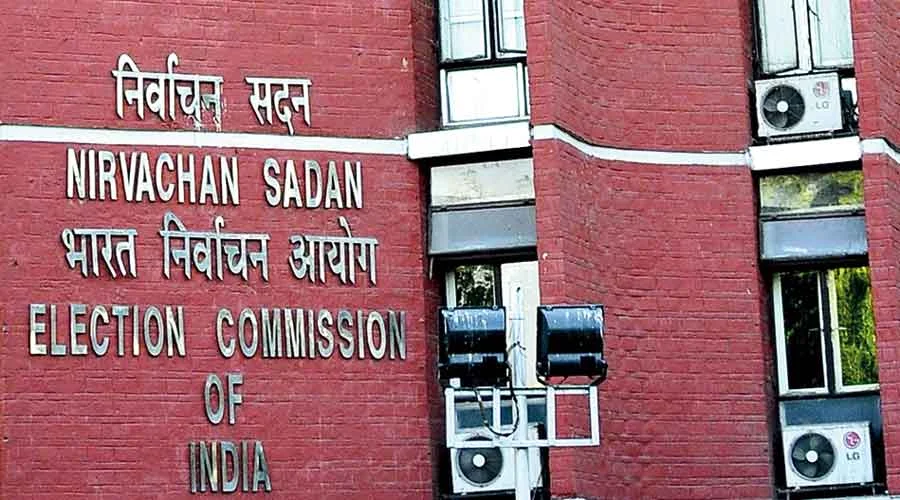New Delhi, Aug 10: The Election Commission (EC) has firmly denied any legal obligation to publish a separate list of voters removed from draft electoral rolls or to provide reasons for their exclusion during the Special Intensive Revision (SIR) process in Bihar. This assertion comes in fresh affidavits filed with the Supreme Court ahead of the August 12 hearing, responding to allegations of deleting lakhs of eligible voters raised by the petitioner, Association for Democratic Reforms (ADR).
The EC’s affidavits, submitted on August 9, counter the ADR’s challenge to the poll panel’s June 24 notification for the SIR in Bihar. “Neither the law—the Representation of People Act—nor the guidelines under the Registration of Electors Rules, 1960, provide for preparation or sharing of any list of previous electors whose enumeration form was not received during the Enumeration phase,” the EC stated. “No such list can be sought by the petition as a matter of right.”
Highlighting procedural safeguards, the EC assured the court that no eligible voter would be removed without prior notice, an opportunity to be heard, and a “reasoned and speaking order.” The affidavits followed the Supreme Court’s August 6 directive instructing the EC to provide details about approximately 65 lakh voters deleted from the draft electoral rolls in Bihar.
The ADR had requested that the EC publish names of voters excluded and clarify whether they were removed due to death, permanent migration, or other reasons. The draft rolls published on August 1 included all voters whose enumeration forms were received. Anyone missing could file Form 6 with a prescribed declaration by September 1. Electoral Registration Officers (EROs) are then required to conduct hearings and provide reasons in cases of contested inclusion.
The EC dismissed the petitioner’s claim that the draft voter list lacked reasons for non-submission of enumeration forms as “patently false and erroneous,” alleging it was a “deliberate attempt to mislead and prejudice this Hon’ble Court.” The poll panel urged contempt proceedings against ADR for these “deliberate attempts to mislead.”
Of the total 7.24 crore voters listed in Bihar’s draft rolls, the EC said 65 lakh names were deleted due to valid reasons: 22.34 lakh were deceased, 36.28 lakh had permanently migrated or were absent, and 7.01 lakh voters were enrolled in more than one location.
The Supreme Court bench had assured on August 6 that “every voter likely to be affected gets the required information” and warned it would intervene if there was mass exclusion or deviation from SIR norms.
Explaining the SIR process, the EC noted that names of those left out were shared with Booth Level Agents (BLAs) from recognized political parties on July 20—12 days before draft roll publication—to allow corrections. Updated lists were again circulated to party representatives.
The extensive exercise involved Bihar’s Chief Electoral Officer, 38 District Election Officers, 243 Electoral Registration Officers, 2,976 Assistant Electoral Registration Officers, 77,895 Booth Level Officers, 2,45,716 volunteers, and 1,60,813 Booth Level Agents appointed by all major political parties.
To prevent wrongful deletions, the EC undertook specific measures such as SMS campaigns, repeated BLO visits, allowing each BLA to submit up to 50 forms daily, advertisements in 246 newspapers targeting temporary migrants, urban camps across 261 local bodies, and advance enrolment drives for young voters turning 18 before October 1.
Addressing vulnerable voters, the EC said it had special arrangements for senior citizens and persons with disabilities to obtain necessary documents promptly. District officials were actively resolving issues flagged in the media.
The EC concluded that a rigorous 10-point verification and inclusion mechanism involving booth-level visits, political party participation, targeted awareness campaigns, and special assistance ensured that every legitimate voter was protected from wrongful exclusion during the SIR.

